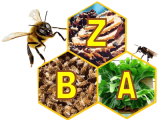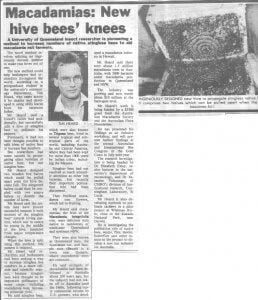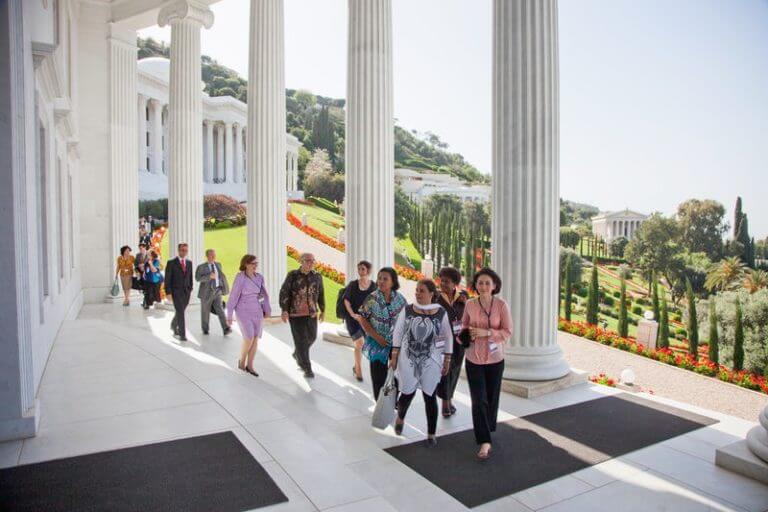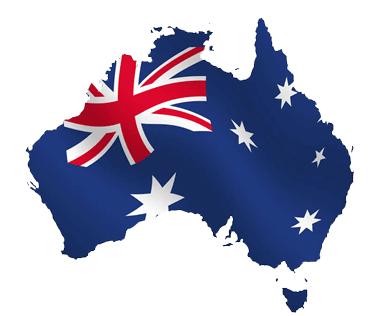- Mo-Fr 7am to 4pm
- Sat 8am to 2pm
- Sunday & Public Holidays closed unless by prior appointment
- Emails and SMS welcome anytime. A reply will be sent within 24 hours.
- Opening Hours:
- Mo-Fr 7am to 4pm
- Sat 8am to 2pm
- Sunday & Public Holidays closed unless by prior appointment
- Emails and SMS welcome anytime. A reply will be sent within 24 hours.




